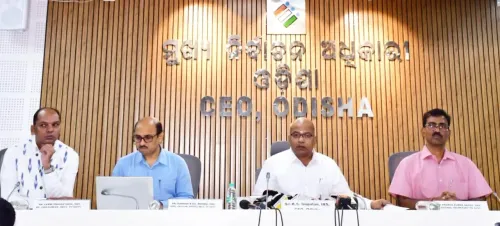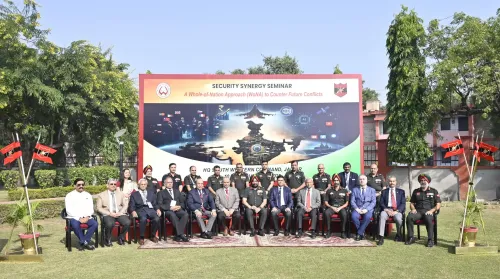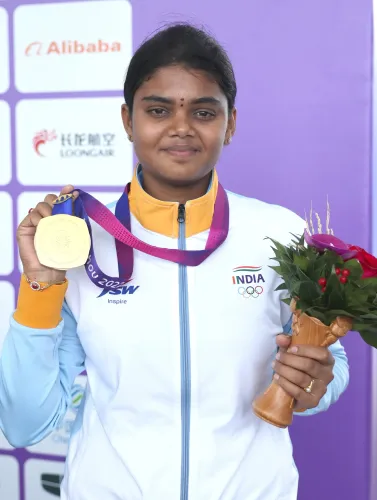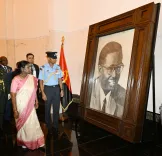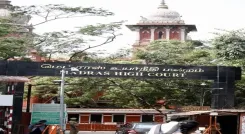Is Dividing People by Religion or Caste Dangerous for the Country? BJP’s Rohan Gupta Speaks Out
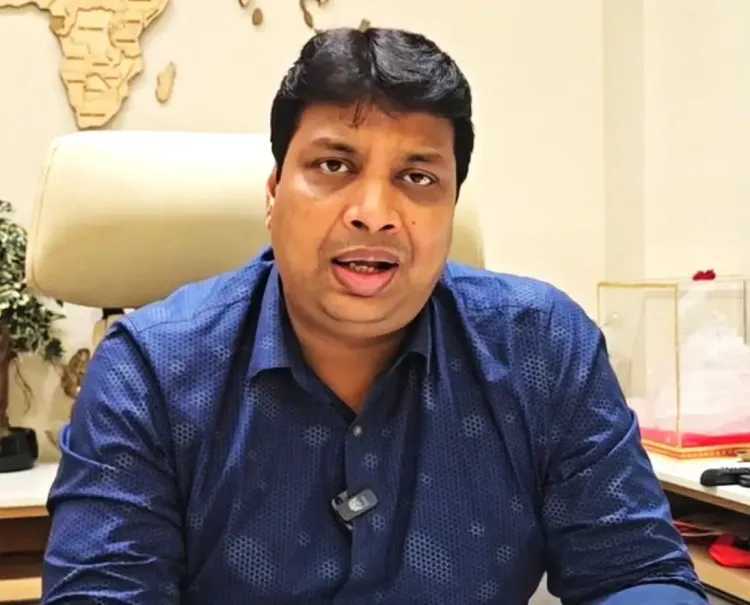
Synopsis
Key Takeaways
- Dividing people by caste or religion is detrimental to national unity.
- Uttar Pradesh's government is actively banning caste-based political practices.
- PM Modi’s vision promotes inclusive development for all citizens.
Lucknow, Sep 23 (NationPress) In a robust endorsement of the Uttar Pradesh government's initiative to eliminate caste-driven political activities, BJP national spokesperson Rohan Gupta articulated on Tuesday that dividing individuals based on religion or caste poses a significant risk to national cohesion and progress.
His statements come following the state administration's recent mandate prohibiting caste-oriented political gatherings, vehicle decals, and signage, as per the September 16 Allahabad High Court verdict aimed at combating caste discrimination and glorification.
In an interview with IANS, Gupta stated: "I believe it is unjust to fragment the populace of this nation in any manner. Those engaging in politics that separates people by religion or caste, those who partake in appeasement, or who sow fear among communities for political advantage, are detrimental to the nation."
He underscored the necessity of adhering to Prime Minister Narendra Modi's forward-looking developmental vision.
"India must pursue the path of ‘Sabka Saath, Sabka Vikas’. We ought to dismiss divisive politics. Appeasement-driven politics exist solely for securing vote banks. The populace is cognizant of such strategies, and I am assured they will persist in backing PM Modi's vision,” he expressed.
Gupta further remarked, “Presently, under PM Modi's leadership, India is advancing rapidly. The 1.4 billion citizens of this nation are progressing with a spirit of unity. By embracing the mantra of ‘Sabka Saath, Sabka Vikas’, we will transform India into a developed nation by 2047.
The sweeping order from the Uttar Pradesh government demands the immediate elimination of caste mentions from police documentation and public communications. Vehicles that display caste-related stickers or slogans will now incur penalties under the Motor Vehicles Act.
A senior official noted that this initiative aligns with the Allahabad High Court's ruling in the case of Praveen Chetri vs State of UP, which forbids police from disclosing the caste of accused individuals and mandates the removal of caste glorification from public and digital arenas.
In an official memorandum, Chief Secretary Deepak Kumar instructed all departments that caste will no longer be referenced in First Information Reports (FIRs), arrest records, or other police documents. Instead, individuals will be identified by their parental names.
The government has also mandated the prompt removal of caste symbols, slogans, and references from noticeboards, vehicles, and signboards at police stations. Caste-centered rallies and politically motivated public gatherings are prohibited across the state. Law enforcement has been ordered to scrutinize social media and take stringent action against content fostering caste pride or animosity.
Moreover, authorities have been tasked with eliminating signboards in towns and villages that endorse caste identity or designate areas by caste.

